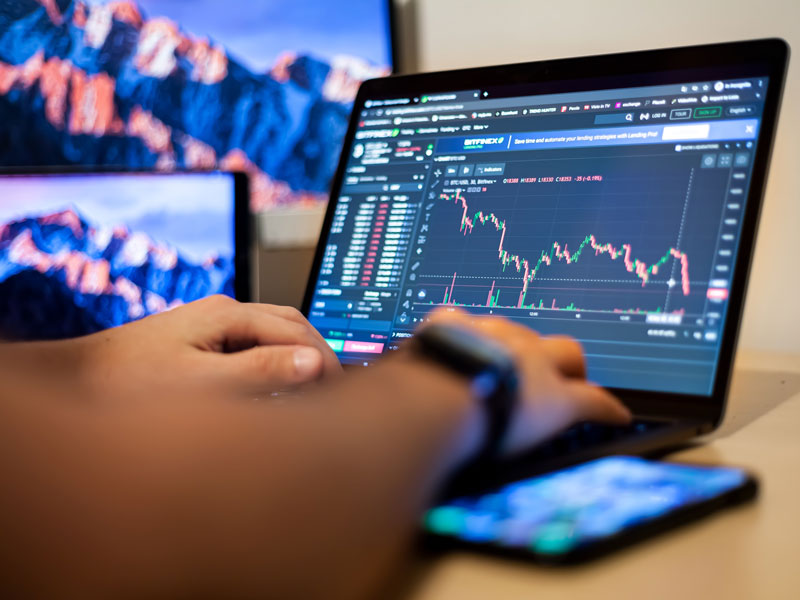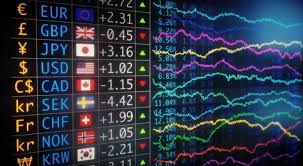The Ultimate Guide to Forex Trading Strategies, Risks, and Recommendations

The Ultimate Guide to Forex Trading: Strategies, Risks, and Recommendations
Forex trading, or foreign exchange trading, has gained immense popularity over the years. With its high liquidity and potential for substantial profits, it attracts traders from all walks of life. If you’re interested in entering this exciting market, forex trading acev.io is a valuable resource for tips and tools to enhance your trading experience. In this guide, we’ll explore strategies, risks, and essential tips to ensure your success in Forex trading.
What is Forex Trading?
Forex trading involves the buying and selling of currency pairs. The value of currencies fluctuates due to various factors, including economic indicators, political events, and market sentiment. Traders speculate on these changes to profit from currency price movements. Unlike stock trading, the Forex market operates 24 hours a day, five days a week, making it a highly accessible avenue for traders worldwide.
How to Start Forex Trading
If you’re looking to start trading in the Forex market, here are the essential steps:
- Education: Understand the basics of Forex trading, including terminology, market structure, and trading strategies. There are countless resources online, including webinars, eBooks, and forums.
- Select a Broker: Choose a reputable Forex broker who offers a trading platform suitable for your needs. Look for brokers with low spreads, good customer support, and a user-friendly interface.
- Open a Trading Account: Most brokers will require you to open a trading account, which may be a demo or live account. A demo account is a great way to practice trading with virtual money before risking real capital.
- Develop a Trading Plan: Create a well-defined trading plan that outlines your goals, risk tolerance, and trading strategies. A trading plan is crucial for maintaining discipline in the volatile Forex market.
- Start Trading: Once you feel confident, begin trading with real money. Start with small amounts to minimize risk while you gain experience.

Trading Strategies
There are numerous strategies employed by Forex traders. Here are a few popular ones:
1. Scalping
Scalping involves making numerous trades throughout the day to profit from small price movements. This strategy requires quick decision-making and a solid grasp of market dynamics.
2. Day Trading
Day trading requires entering and exiting positions within the same trading day. Day traders aim to capitalize on price fluctuations that occur within a single day, avoiding overnight risks.
3. Swing Trading
Swing trading is a medium-term trading strategy that involves holding positions for several days or weeks to profit from expected price swings. This strategy relies on technical analysis to identify potential entry and exit points.
4. Position Trading

This long-term strategy requires holding onto trades for weeks, months, or even years. Position traders use fundamental analysis to make informed decisions about which currencies to buy or sell based on long-term trends.
Risks of Forex Trading
While Forex trading can be lucrative, it also comes with significant risks. Here are some of the primary risks associated with Forex trading:
- Market Risk: Currency prices can be incredibly volatile, leading to substantial losses if a trade doesn’t go as planned.
- Leverage Risk: Many Forex brokers offer leverage, allowing traders to control larger positions with a smaller amount of capital. While leverage can amplify profits, it also increases potential losses.
- Liquidity Risk: Although the Forex market is generally liquid, there may be times when certain currencies are not easily tradable, leading to difficulty in exiting positions.
- Counterparty Risk: This risk pertains to the broker’s solvency and integrity. If a broker goes bankrupt or engages in unethical practices, traders may lose their capital.
Tips for Successful Forex Trading
To increase your chances of success in Forex trading, consider the following tips:
- Stay Informed: Keep up-to-date with global news and economic indicators that may impact currency prices. Knowledge is power in Forex trading.
- Practice Risk Management: Always use stop-loss orders to limit potential losses, and only risk a small percentage of your capital on any single trade.
- Maintain a Trading Journal: Document your trades, strategies, and results. Reviewing your past trades can help you identify strengths and weaknesses in your trading approach.
- Stay Emotionally Disciplined: Trading can evoke strong emotions. It’s essential to stick to your trading plan and avoid impulse decisions based on greed or fear.
- Continuous Learning: The Forex market is constantly evolving. Stay committed to learning and improving your trading skills through education and experience.
Conclusion
Forex trading presents an exciting opportunity for individuals looking to engage in the global economy. With the right education, strategies, and risk management techniques, you can potentially achieve financial success in the Forex market. Remember, patience and discipline are crucial components of any successful trader’s toolkit. As you embark on your trading journey, consider utilizing resources like acev.io to further enhance your knowledge and trading capabilities. Happy trading!

Dejar un comentario
¿Quieres unirte a la conversación?Siéntete libre de contribuir!